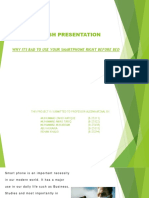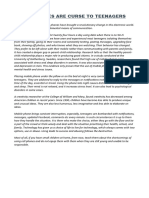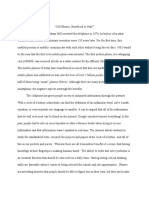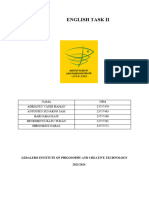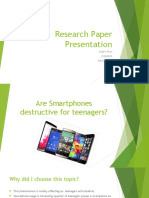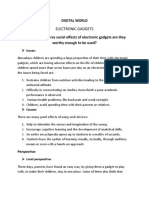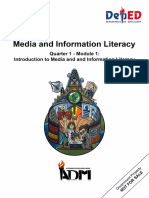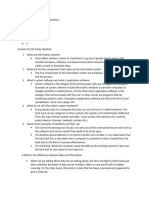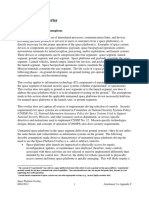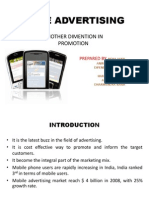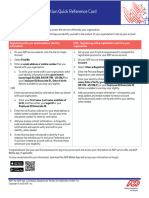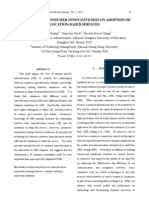0% found this document useful (0 votes)
41 views14 pagesSCREENAGERS
The document discusses the role of mobile phones in the lives of young people, highlighting both their benefits for learning and communication as well as the risks of excessive use, such as social isolation and health issues. It emphasizes the importance of controlled usage, recommending a limit of 120 minutes per day to mitigate negative impacts. The conclusion stresses the need for teenagers to learn to use technology in a way that enhances their well-being and academic performance.
Uploaded by
celedonioandradesCopyright
© © All Rights Reserved
We take content rights seriously. If you suspect this is your content, claim it here.
Available Formats
Download as PDF, TXT or read online on Scribd
0% found this document useful (0 votes)
41 views14 pagesSCREENAGERS
The document discusses the role of mobile phones in the lives of young people, highlighting both their benefits for learning and communication as well as the risks of excessive use, such as social isolation and health issues. It emphasizes the importance of controlled usage, recommending a limit of 120 minutes per day to mitigate negative impacts. The conclusion stresses the need for teenagers to learn to use technology in a way that enhances their well-being and academic performance.
Uploaded by
celedonioandradesCopyright
© © All Rights Reserved
We take content rights seriously. If you suspect this is your content, claim it here.
Available Formats
Download as PDF, TXT or read online on Scribd
/ 14

























